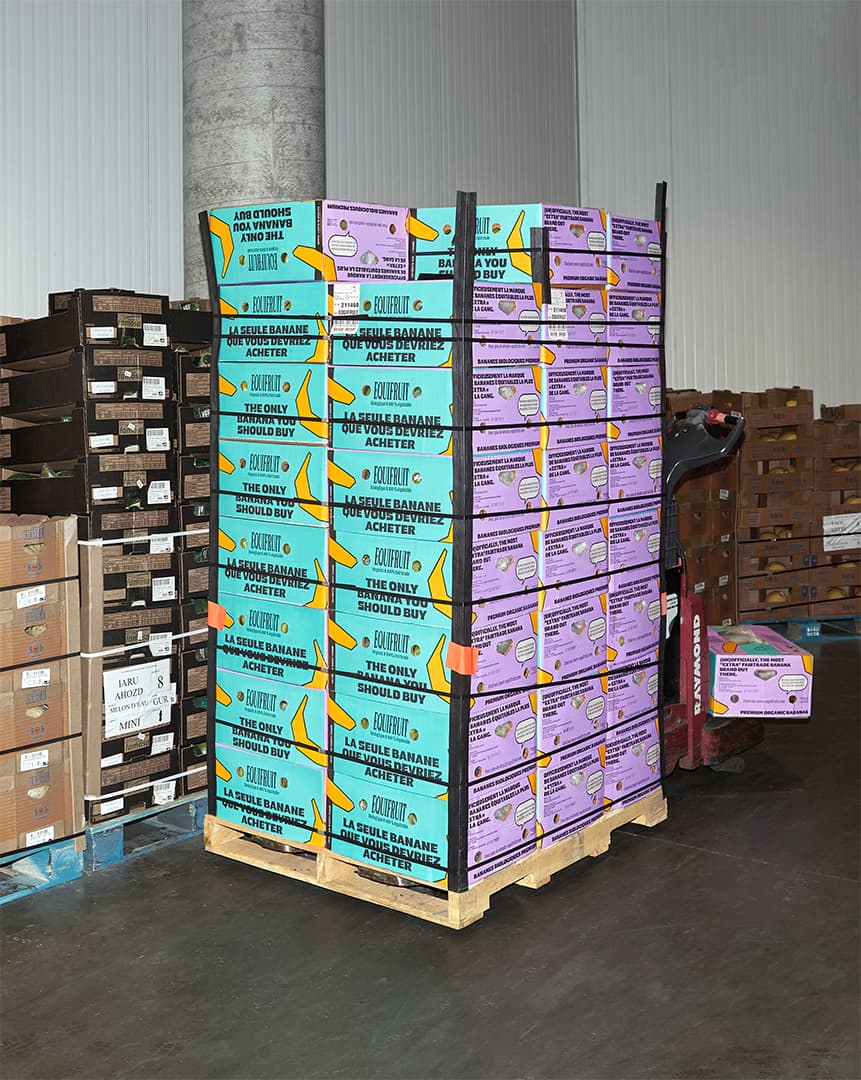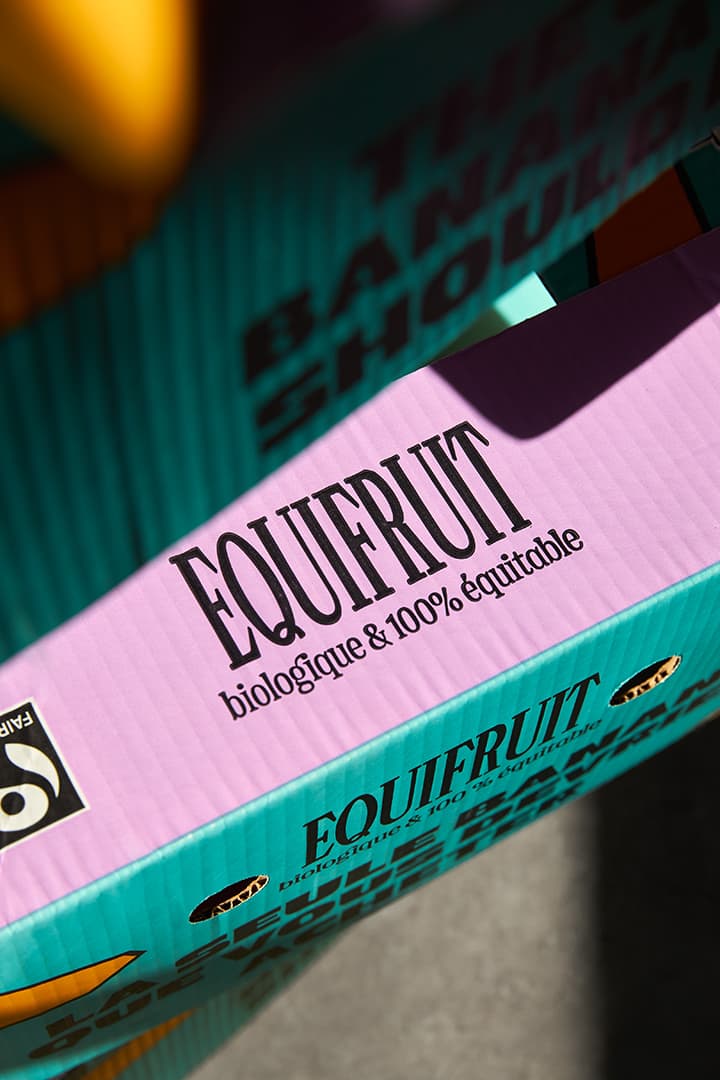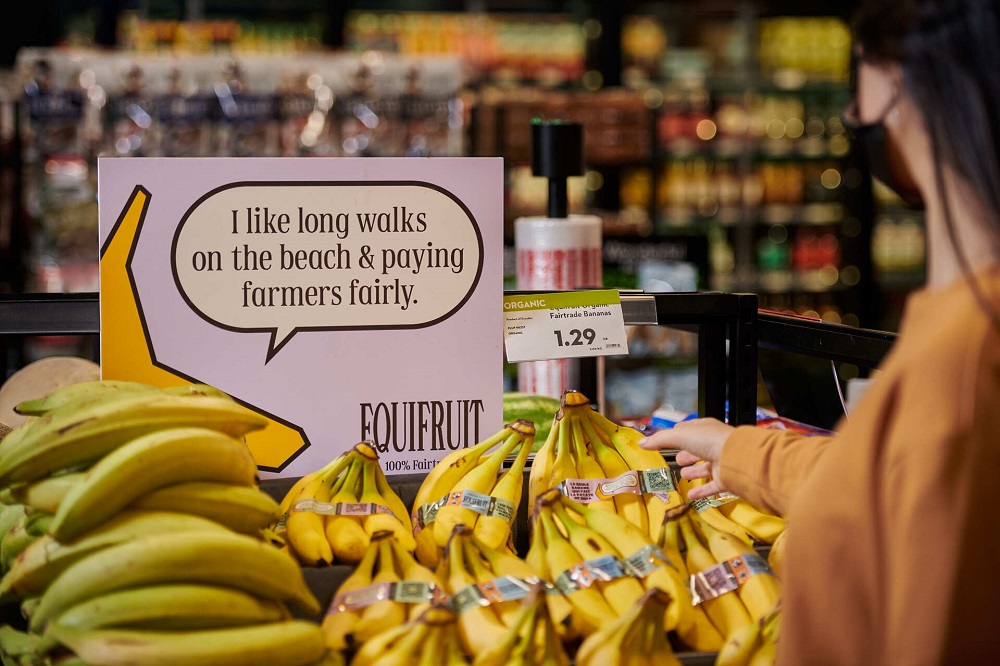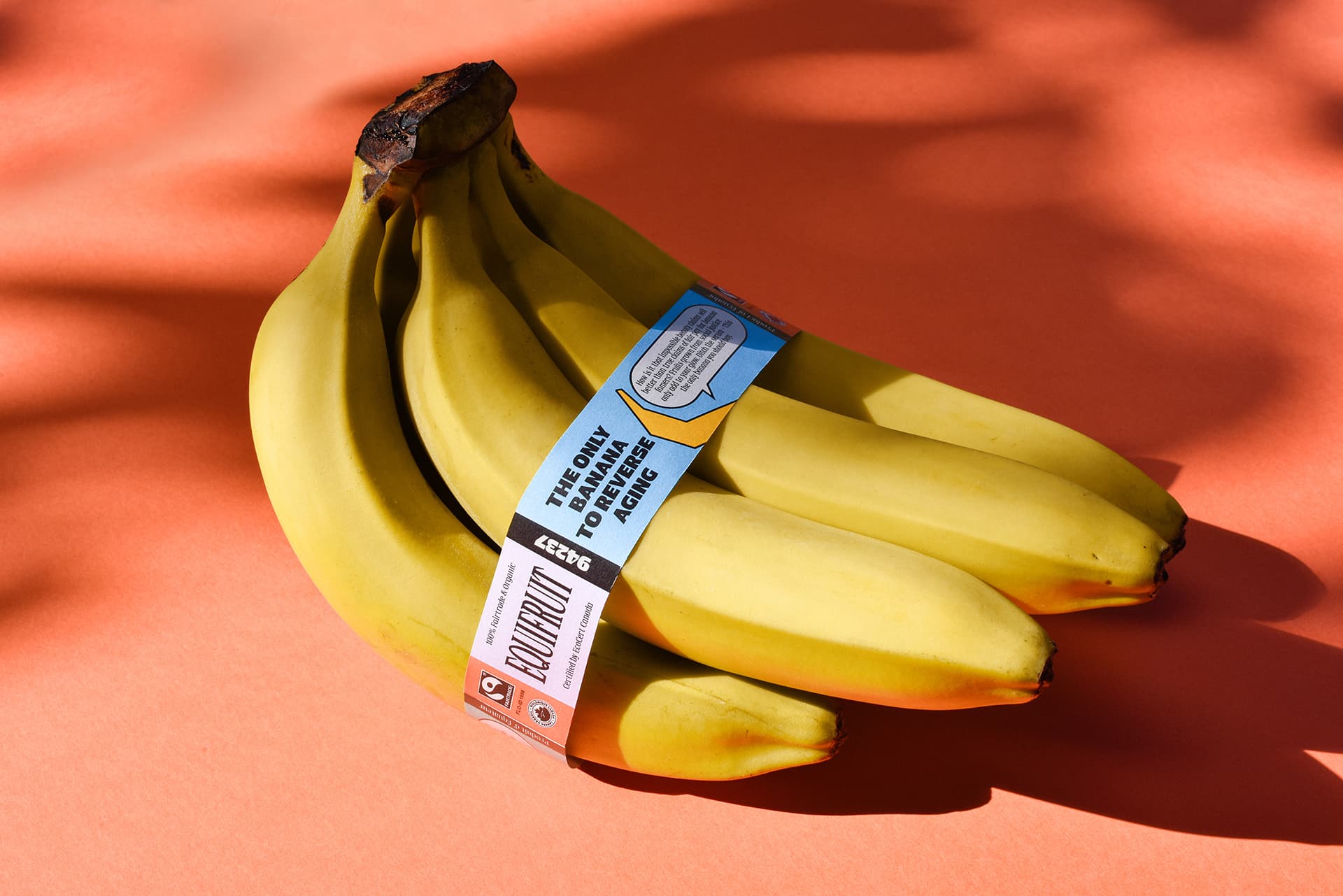
Something so simple as fruit soucing is often an unknown and forgotten matter, that many shoppers at grocery stores don’t even question or care where the fruits are grown and shipped from. For the majority, the quality and price dictate their purchase decision.
Historically, bananas have been rooted in slavery. The dark history of bananas is marked by the exploitation of enslaved and indentured labourers on banana plantations during the colonial era. European colonial powers established vast banana plantations in the Americas and the Caribbean, relying on enslaved African labour via the Atlantic slave trade. Even after the abolition of formal slavery, exploitative labour practices persisted in the banana industry.
View this post on Instagram
This is where Equifruit, a women-owned Montreal-based company, steps in. Founded in 2006 by Jennie Coleman, Equifruit sources organic and Fairtrade-certified bananas from Ecuador, Peru, Colombia, Mexico, and Nicaragua.
For those unfamiliar, products that are Fairtrade-certified meet ethical and sustainable standards, ensuring fair treatment, wages, and environmental responsibility in their production and trade.
“We’re righting the wrongs of banana business history by making it fair from the start, especially for farmers,” says Equifruit.
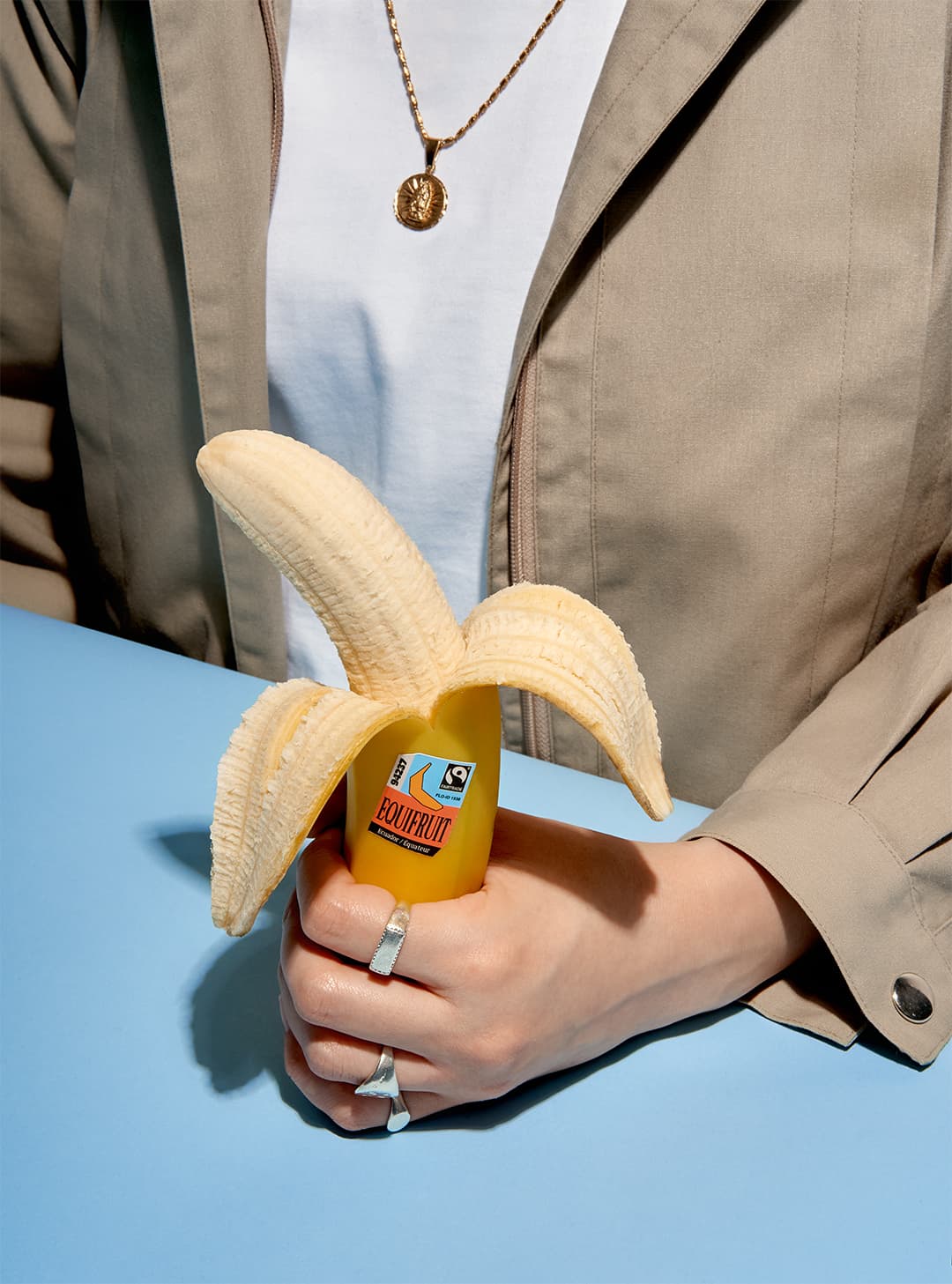
In Ecuador, Equifruit works with ASOGUABO, a cooperative originally founded by 14 small-scale farmers who wanted to sell their bananas to supermarkets directly. Now, ASOGUABO has grown to become one of the largest Fairtrade organic banana exporters in Ecuador.
